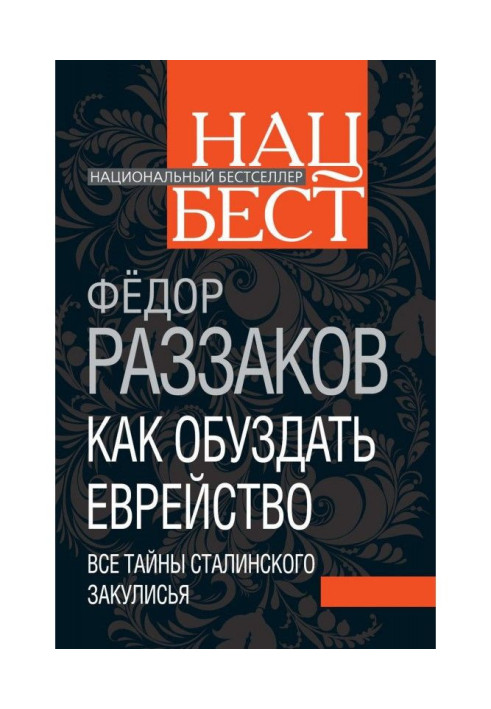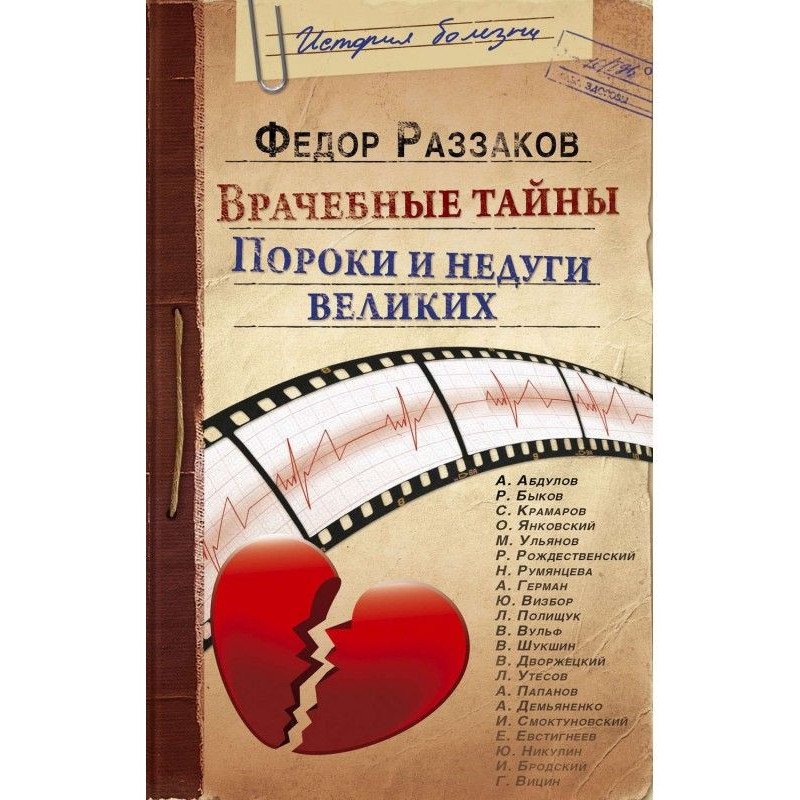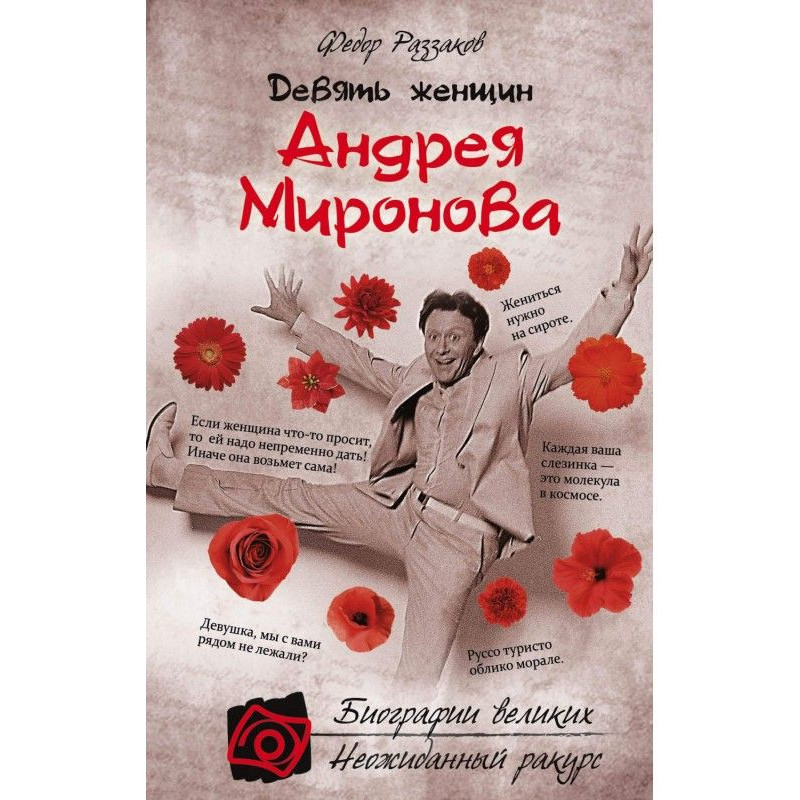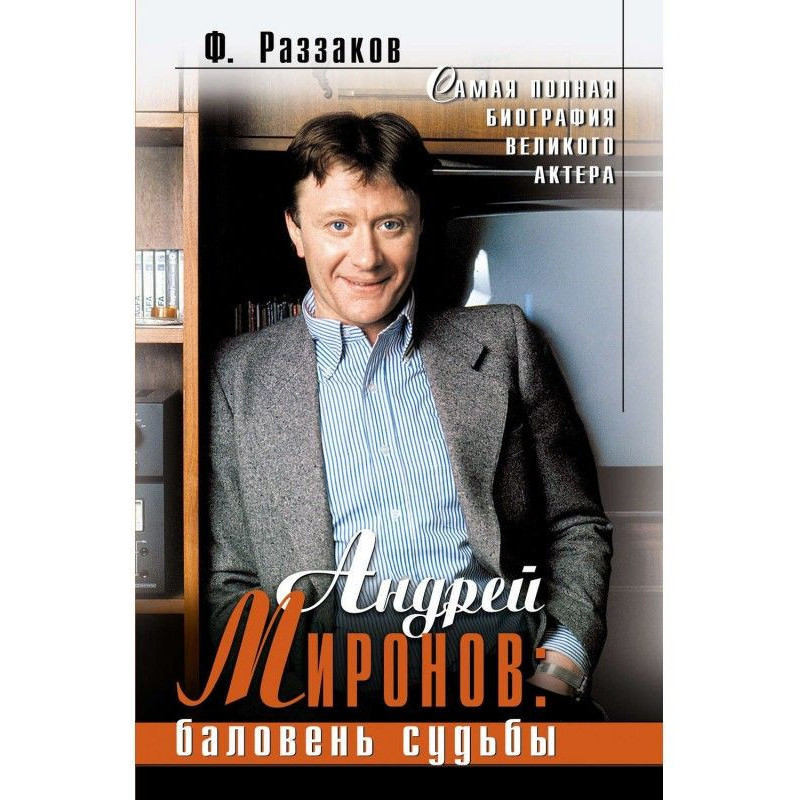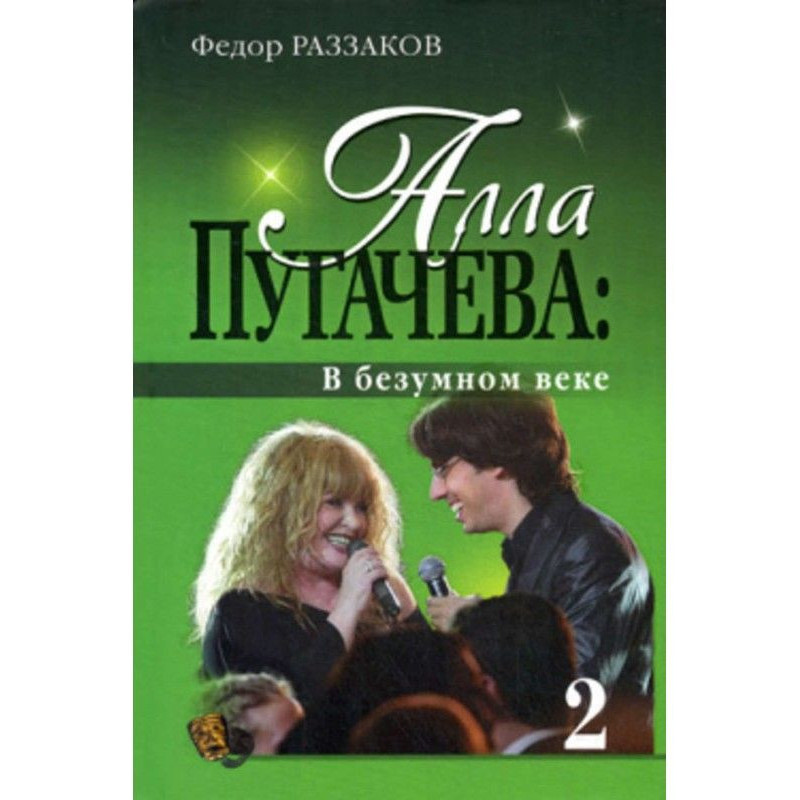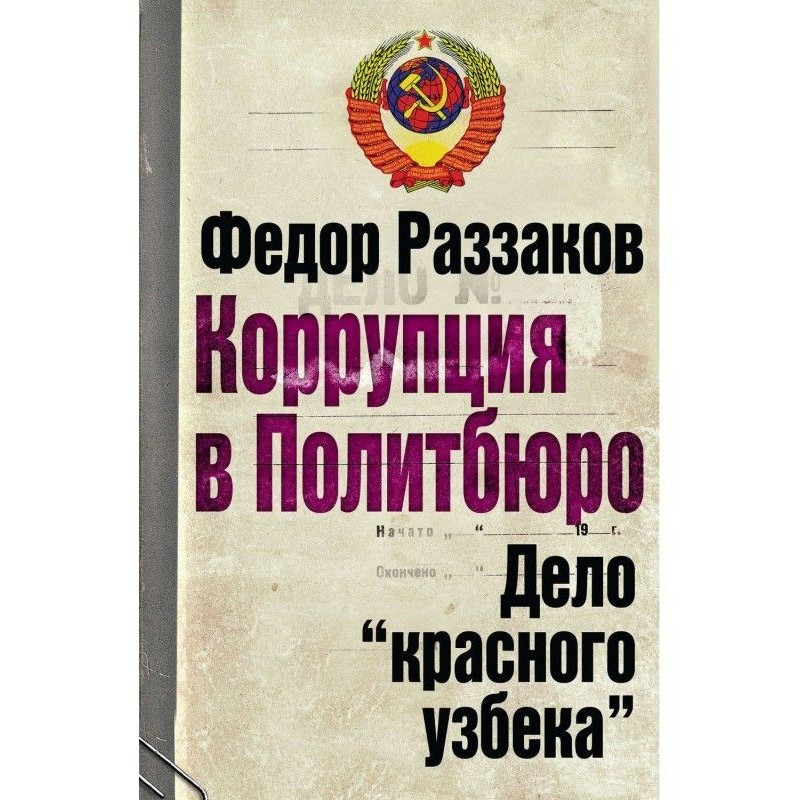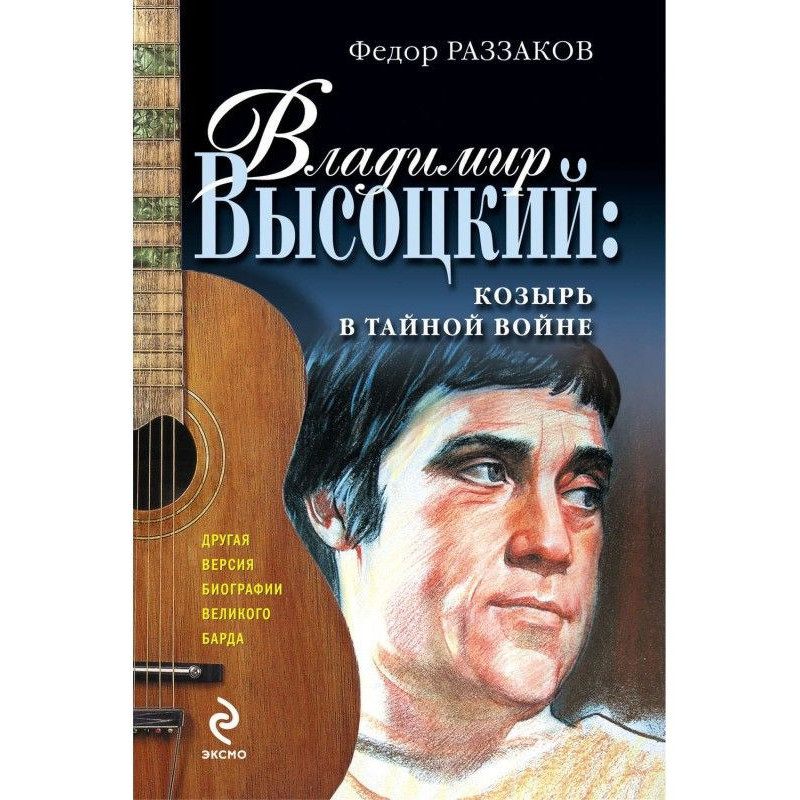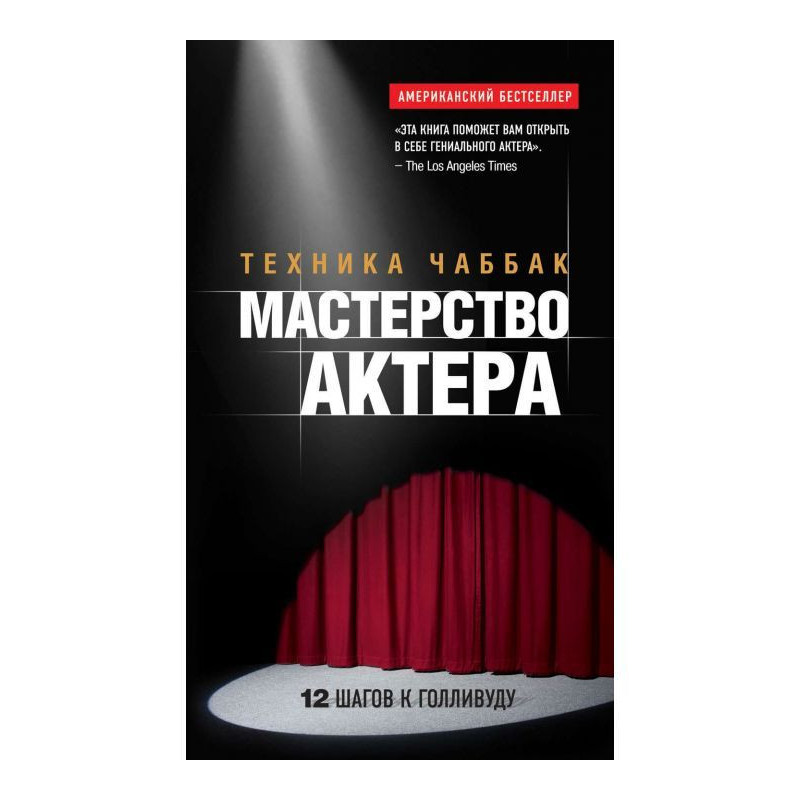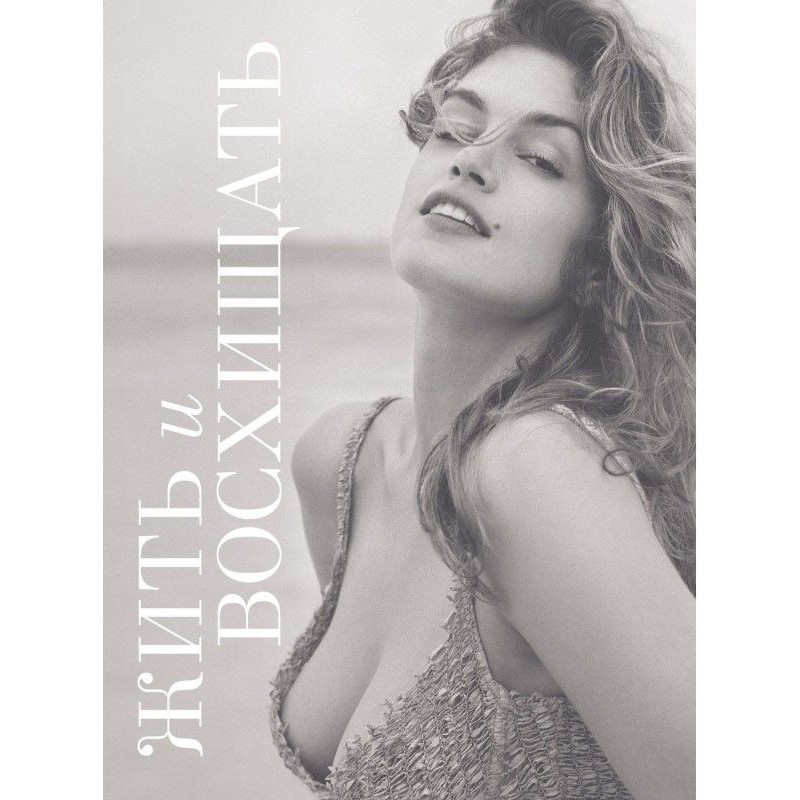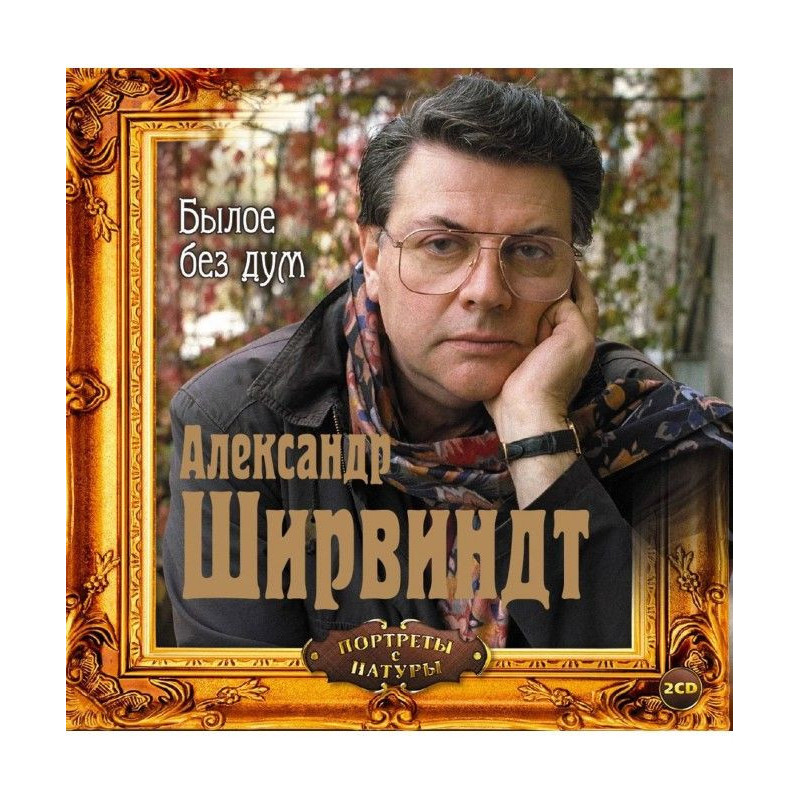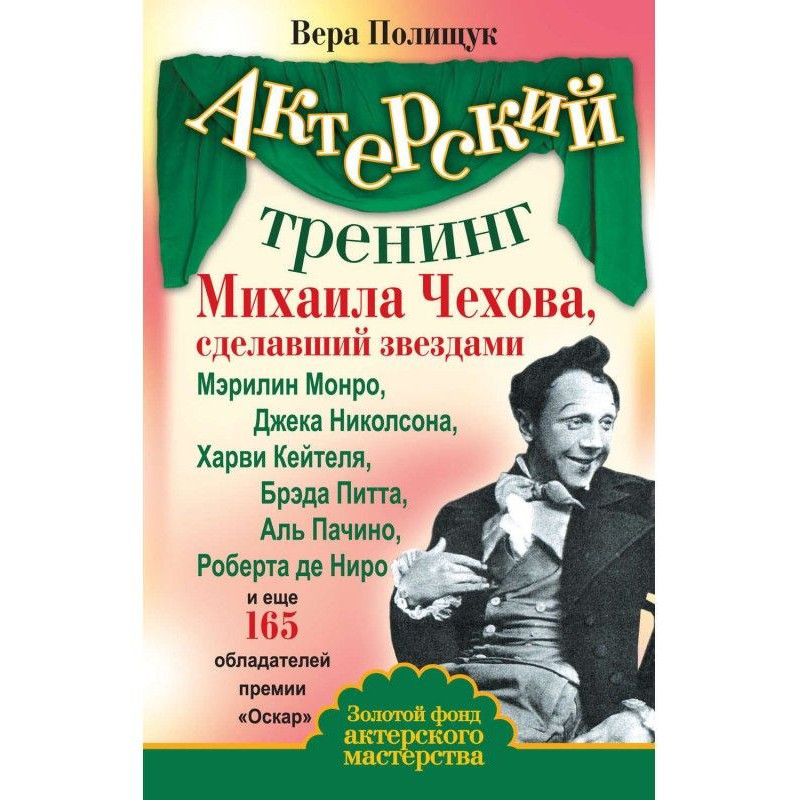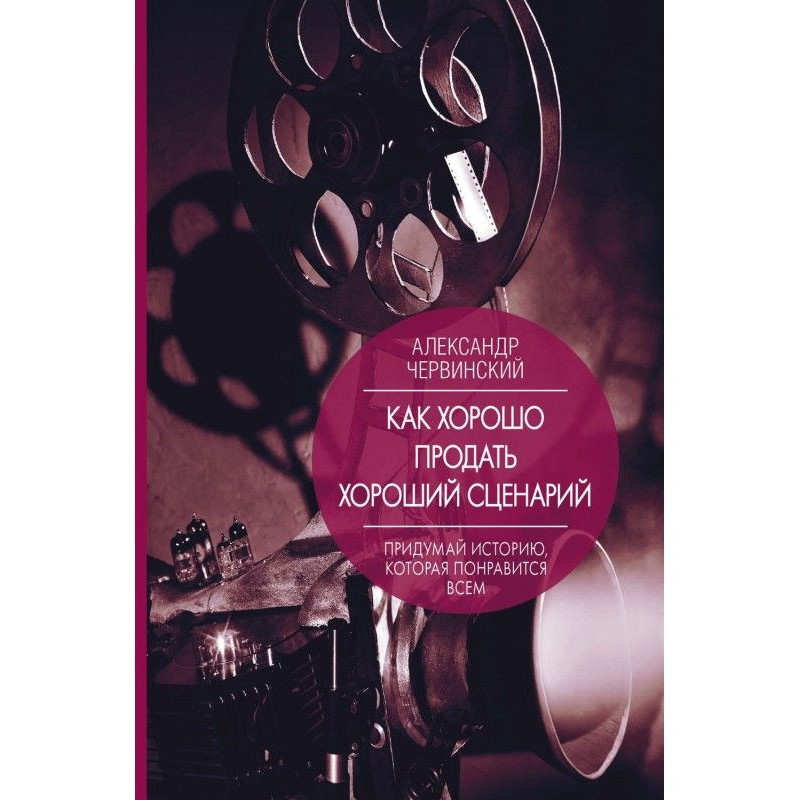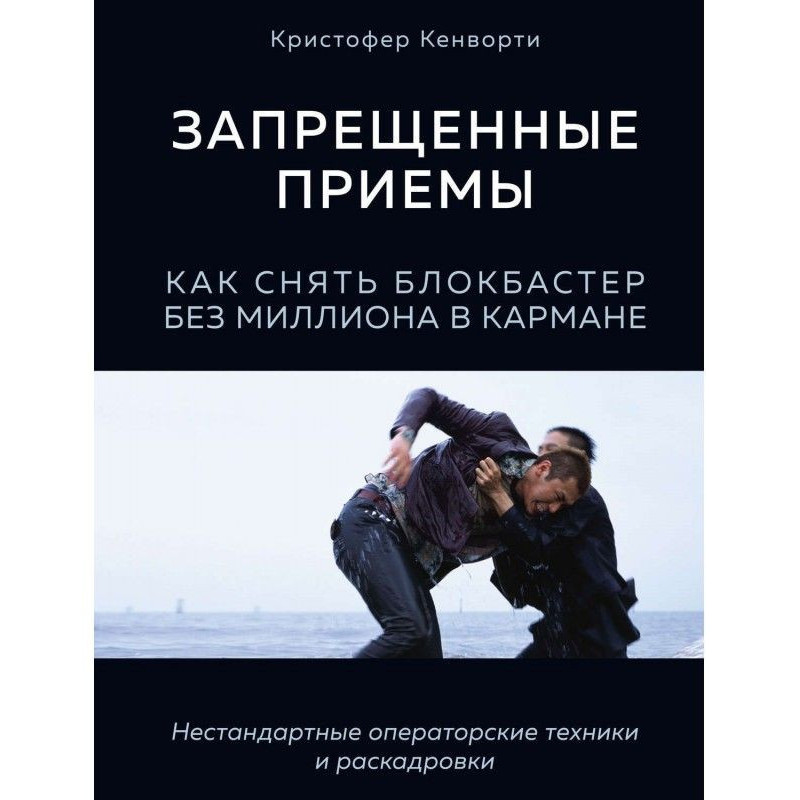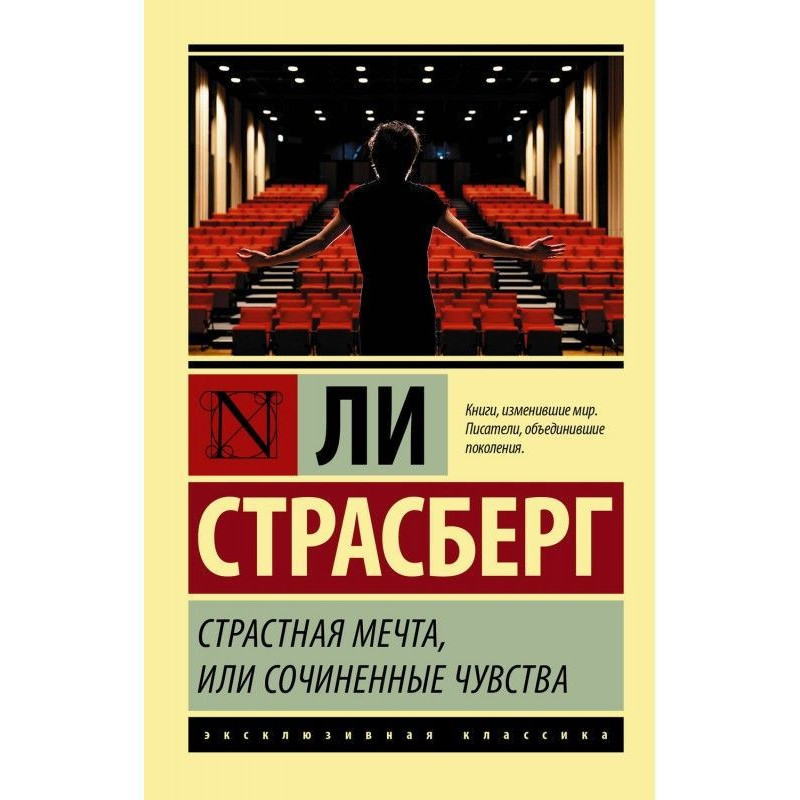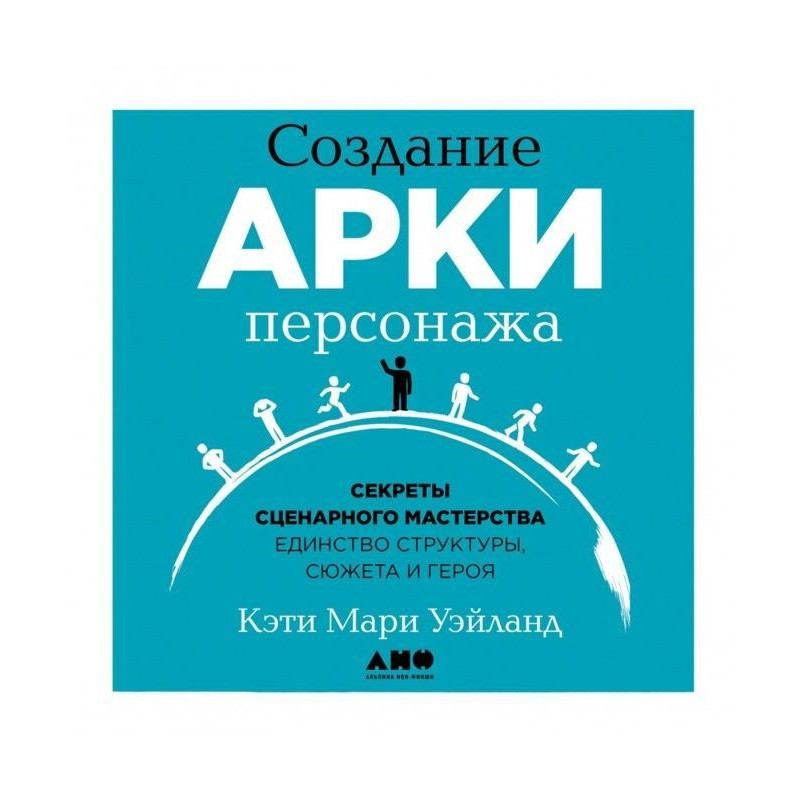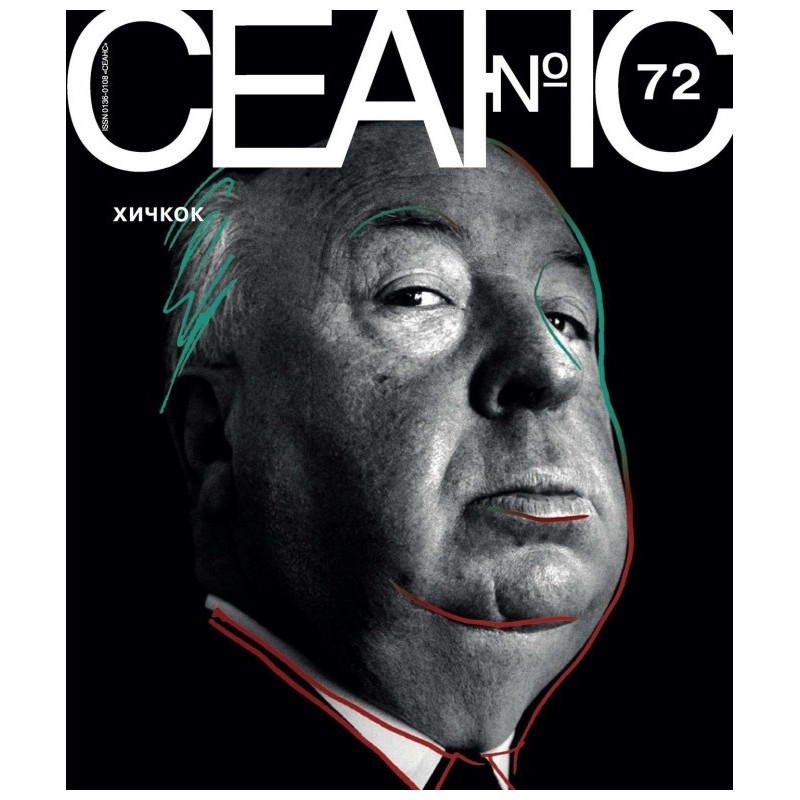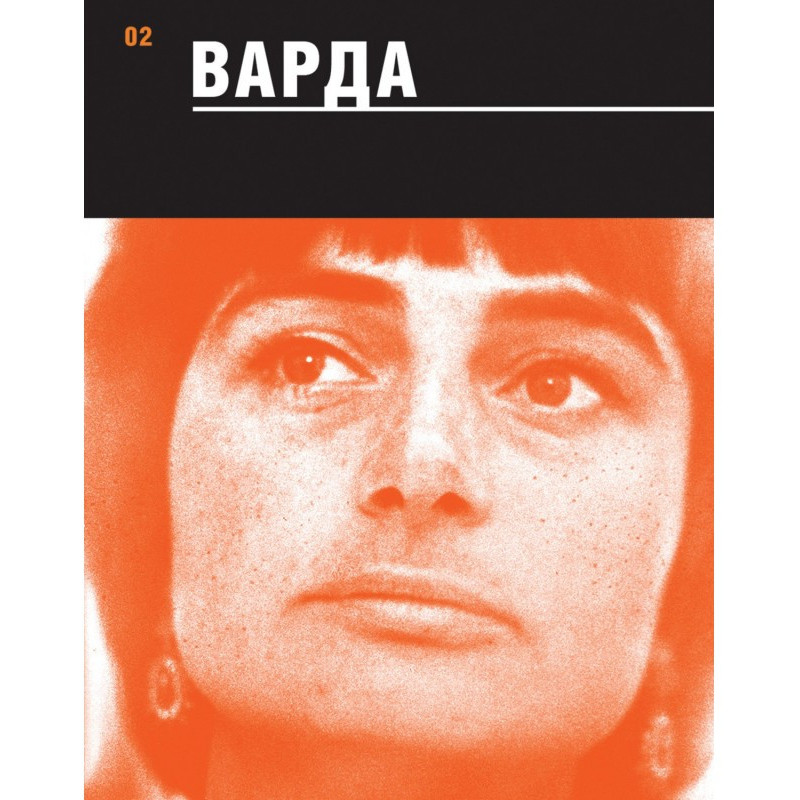How to curb Jewry. All the secrets of the Stalinist backstage
 Instant download
Instant download
after payment (24/7)
 Wide range of formats
Wide range of formats
(for all gadgets)
 Full book
Full book
(including for Apple and Android)
Russian cinema has its own behind the scenes, behind which official film critics try not to look, so as not to destroy the myth that they have nurtured for decades in the philistine mind. Meanwhile, without studying this behind the scenes, it is difficult to understand many of the events that influenced (and continue to influence) the formation of not only domestic cinema, but also our ideology in general. One of the most important topics in this behind-the-scenes story is the confrontation between two ideological currents: Russian (Slavic) and Jewish (Jewish). It actually began from the moment of the emergence of Soviet cinema and continues to this day, as evidenced by the events of our recent, post-Soviet history. Only the personalities of this confrontation have changed.How was it under Stalin, who orchestrated the fate of the screen in the 1930s and 1950s, which of the filmmakers relied on the master of the state, what behind-the-scenes processes took place in the cinema of those years? Which of the actors, directors loved and disliked Stalin and who loved and disliked him? Read about it in the book of Fyodor Razzakov, the author of numerous today's bestsellers.
BK/5016652/R
Data sheet
- Name of the Author
- Раззаков Федор Ибатович
- Language
- Russian
- Age
- 16
- Series
- Национальный бестселлер
- Release date
- 2012
Reviews
Важлива книга для розуміння таємниць радянського кінематографу
Ця книга - справжнє відкриття для тих, хто цікавиться історією радянського кінематографу та впливом ідеології на його розвиток. Автор докладно розкриває протистояння російського та єврейського напрямків у кіноіндустрії, розповідаючи про ті закулісні процеси, які впливали на створення фільмів та відносини між творчими особистостями того часу. Книга допомагає краще зрозуміти, які внутрішні конфлікти та взаємовідносини впливали на формування радянського кінематографу та його кращі твори. Рекомендую цю книгу як джерело цікавої та важливої інформації для всіх, хто цікавиться історією кіно та впливом політики на культуру

